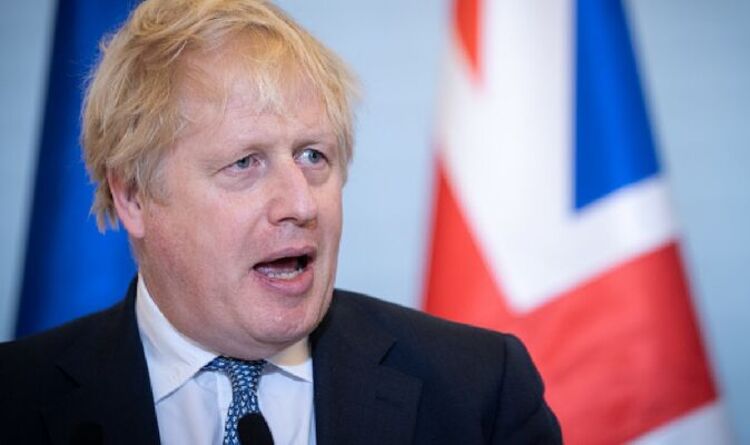The Prime Minister is expected to do a U-turn on his proposed import ban on fur and foie gras in the upcoming Animal Welfare Bill as promised in his 2019 election campaign as a post-Brexit victory.
Downing Street has declined to say whether Boris Johnson backs a ban on the import of foie gras amid suggestions of Cabinet opposition to the plans.
The BBC had reported that the Government was likely to drop the proposal after several ministers raised concerns.
British farmers are already banned from producing the liver-based French delicacy because ducks and geese are force-fed during its production.
But officials said in May that the Government would explore a ban on the sale of foie gras under a raft of legislation designed at protecting animals.
Asked on Monday whether Mr Johnson intends to ban the import of the product, the Prime Minister’s official spokesman said: “No decisions have been made on that.
“The production of foie gras from ducks or geese using force-feeding is rightly banned in the UK – it’s incompatible with our own welfare standards.”
Pressed if the Prime Minister would like to see a ban in the Animals Abroad Bill, he said: “I think we will need to wait for the Bill, I’m not going to pre-empt that.
“I’m simply not seeking to pre-empt Government policy, you’ll see the position when set out.”
The Prime Minister is facing pressure from his own party on the issue.
READ MORE: Truss takes swift retribution on Putin – UK to unleash might of £24TN
Among those who are believed to want to ditch the ban is Tory MP Jacob Rees-Mogg.
In response, Lord Goldsmith, the environment minister and the ban’s main proponent, said: “The public are strongly in favour of measures to curb the fur trade and foie gras.
“There are some who view the issue as a matter of personal choice, but no one would extend that principle to things like dog-fighting or bear-baiting, so it’s not clear why fur farming or force-feeding geese, which arguably are associated with far greater levels of cruelty, should be any different.”




